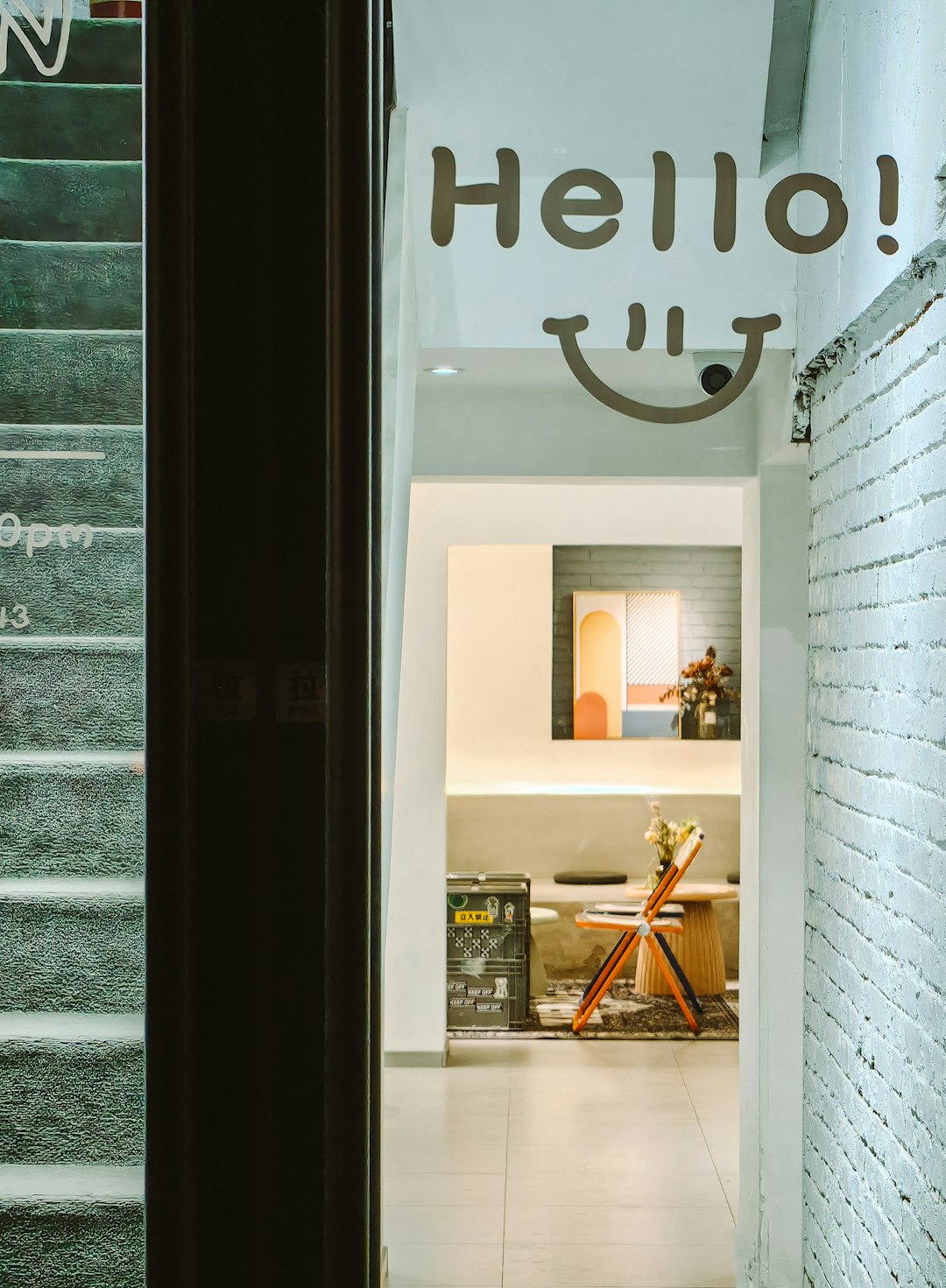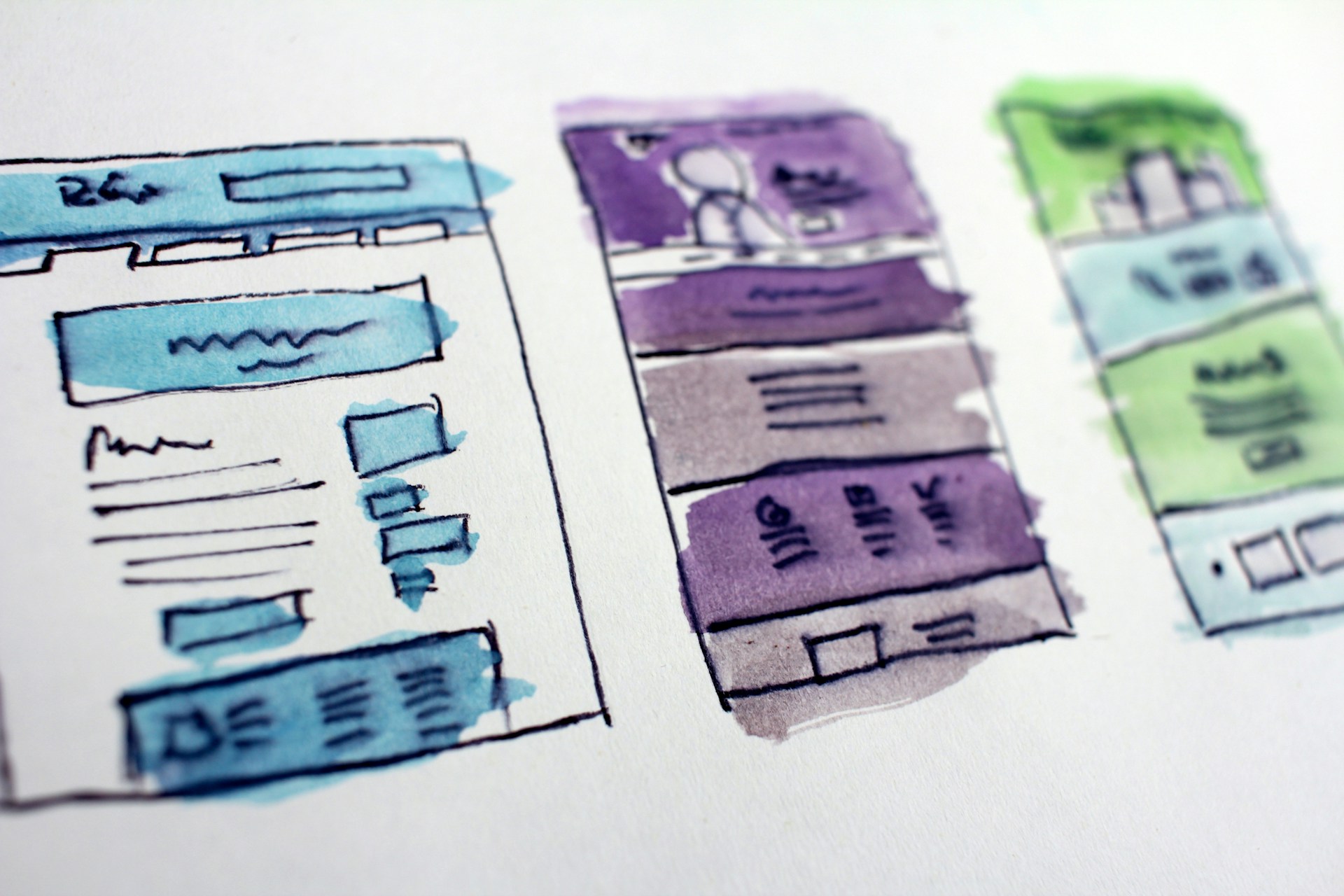For photographers, the featured image is often the first impression you make, whether it’s on a website, blog, or social media post. Crafting the perfect featured image can set the tone for your portfolio, attract potential clients, and showcase your creative vision. In this guide, we’ll share featured image tips photographers can use to make their visuals stand out and optimize them for online platforms.

Why Featured Images Matter
A featured image is more than just a thumbnail; it’s a representation of your work and brand. For photographers, it’s an opportunity to highlight technical skills, artistic style, and storytelling ability. A strong featured image:
- Captures the viewer’s attention.
- Creates a cohesive look for your portfolio or website.
- Boosts click-through rates on blogs or social media.
Selecting and optimizing the right images ensures your portfolio makes a memorable impression.
Selecting the Perfect Featured Image
Choosing the right photo can elevate your work, but it requires careful thought. Here are some strategies to guide your selection:
Showcase Your Best Work
Your featured image should represent your strongest work. Choose a photo that reflects your unique style and expertise, whether it’s portrait, landscape, or product photography.
Align with the Content
If your image is part of a blog post or project showcase, ensure it complements the content. For example, a featured image for a wedding photography article should evoke romance and celebration.
Consider Emotional Impact
Images that evoke emotion resonate more with audiences. Select photos that tell a story, evoke curiosity, or capture a special moment.
For more inspiration, explore 500px’s Curated Galleries to see how top photographers present their featured images.
Featured Image Tips Photographers Should Know
To make the most of your images, there are specific techniques photographers can implement. These tips ensure your featured images stand out and are optimized for digital platforms.
Maintain High Quality
High-resolution images are essential for a professional look. Avoid uploading pixelated or poorly edited photos, as they can diminish your credibility. Use editing tools like Adobe Lightroom or Photoshop to enhance colors and sharpness.
Use Balanced Composition
A well-composed image captures attention and feels visually satisfying. Apply the rule of thirds, symmetry, or leading lines to create a balanced composition.
Optimize File Sizes
Large file sizes can slow down websites, negatively impacting user experience and search engine rankings. Compress your images using tools like TinyPNG to reduce file size while maintaining quality.
Add Subtle Branding
Include a watermark or subtle logo if applicable, but avoid overpowering the photo. This ensures your work is recognizable while maintaining a clean aesthetic.
For more advanced photography techniques, visit Digital Photography School.
Optimizing Featured Images for SEO
Photographers can also use featured images to boost their online visibility. Proper optimization ensures your images perform well on search engines, increasing traffic to your website or blog.
Use Descriptive File Names
Rename your files with descriptive names, including relevant keywords. Instead of “IMG001.jpg,” try “featured-portrait-wedding.jpg.” This improves search engine understanding of your content.
Write Alt Text
Alt text is vital for accessibility and SEO. Describe the image accurately while incorporating keywords. For example: “A bride and groom under a sunset, captured by a wedding photographer.”
Choose the Right Dimensions
Ensure your images fit the recommended dimensions for the platform or website. For WordPress blogs, 1200 x 628 pixels is a common size for featured images.
Leverage Structured Data
If you’re showcasing images on your website, use structured data to provide search engines with more information about your content. This can improve your chances of appearing in Google Image results. Learn more about this technique on Google’s Structured Data Guide.
Featured Image Tips for Photographers on Social Media
Social media is one of the most effective platforms for photographers to showcase their work. Your featured image plays a critical role in attracting attention and engagement.
Customize for Each Platform
Each platform has specific image size requirements to ensure the best display. Common dimensions include:
- Instagram: 1080 x 1080 pixels for square posts.
- Facebook: 1200 x 628 pixels for shared links.
- Pinterest: 1000 x 1500 pixels for vertical images.
Adhering to these guidelines prevents cropping and ensures your images look professional.
Add Text Overlays
For promotional posts, add text overlays to highlight important details, like a photography workshop or special offer. Use tools like Canva to create polished designs.
Post Behind-the-Scenes Images
Featured images don’t always have to be the final product. Sharing behind-the-scenes photos adds a personal touch and engages your audience.
For more social media strategies, visit Hootsuite’s Social Media Blog.
Creating a Consistent Style
Consistency is key for building a recognizable brand as a photographer. A cohesive style makes your work instantly identifiable and reinforces your professional image.
Develop a Signature Look
Experiment with editing techniques to create a signature style. Whether it’s vibrant colors, moody tones, or sharp black-and-white images, consistency builds your brand identity.
Use Cohesive Themes
If you’re curating a portfolio or social media feed, stick to a theme. For example, you could showcase urban landscapes or focus on portraiture in natural settings.
Align with Your Audience
Consider the preferences of your target audience. If you specialize in wedding photography, prioritize images that exude romance and elegance.
Monitoring Performance
Once your featured images are live, track their performance to see what resonates with your audience. Key metrics include:
- Click-through rates on blog posts featuring the images.
- Engagement metrics on social media, such as likes, shares, and comments.
- Page views and bounce rates for your website.
Use tools like Google Analytics or Facebook Insights to gather data and refine your approach.
Conclusion
For photographers, a featured image is much more than a visual element—it’s a chance to showcase your expertise and captivate your audience. By implementing these featured image tips photographers can create compelling visuals that not only elevate their portfolios but also attract new clients.
Start applying these strategies today, and take your photography marketing to the next level. For further insights and resources, explore PetaPixel’s Photography Blog or Fstoppers.




